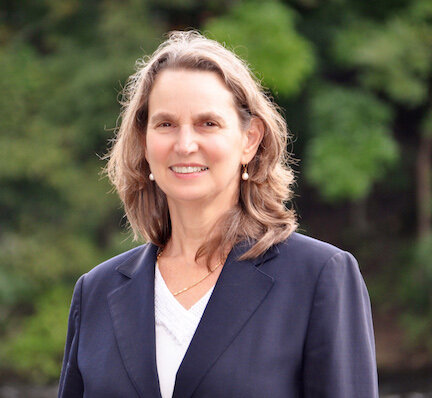Nurses are the largest sector of the healthcare professions — with over 4 million nurses in the United States and more than 20 million nurses worldwide. As the COVID-19 pandemic has swept into our lives over the past year, nurses have played an ever more important role in the health and wellness of our nation and the world. However, nurses are also the canaries in the coal mine of healthcare — sounding the alarm on the impact of the pandemic on stress and resilience among our healthcare professionals. It is essential that those who care for us also have the tools and resources to care for themselves.
The American Nurses Association stepped up, even prior to the COVID-19 pandemic, to offer innovative tools for nurses and non-nurses to focus on their own health and wellness — from a holistic standpoint of body, mind and spirit. As the pandemic has continued to rage on, these tools and resources are even more necessary and helpful. During this episode of Raising Resilience, Holly Carpenter, BSN, RN, Senior Policy Advisor for the American Nurses Association’s Nursing Practice and Work Environment Department, joins Pam Ressler in discussing:
the unique stressors nurses are now facing
ways to build resilience during challenging times
resources to address stress, wellness and resilience for nurses and others
Here are links to the free resources that are discussed during this episode of Raising Resilience:
Holly Carpenter, BSN, RN, is a Senior Policy Advisor for the American Nurses Association (Nursing Practice & Work Environment). Her work at the ANA includes developing resources, policies, and educational programs on nurse health, safety and wellness — including the Healthy Nurse, Healthy Nation™ initiative, nurse suicide prevention, immunizations and other occupational health and work environment issues. Prior to the ANA, she was employed by the Maryland Nurses Association and the State of Maryland’s Department of Health and Mental Hygiene.






